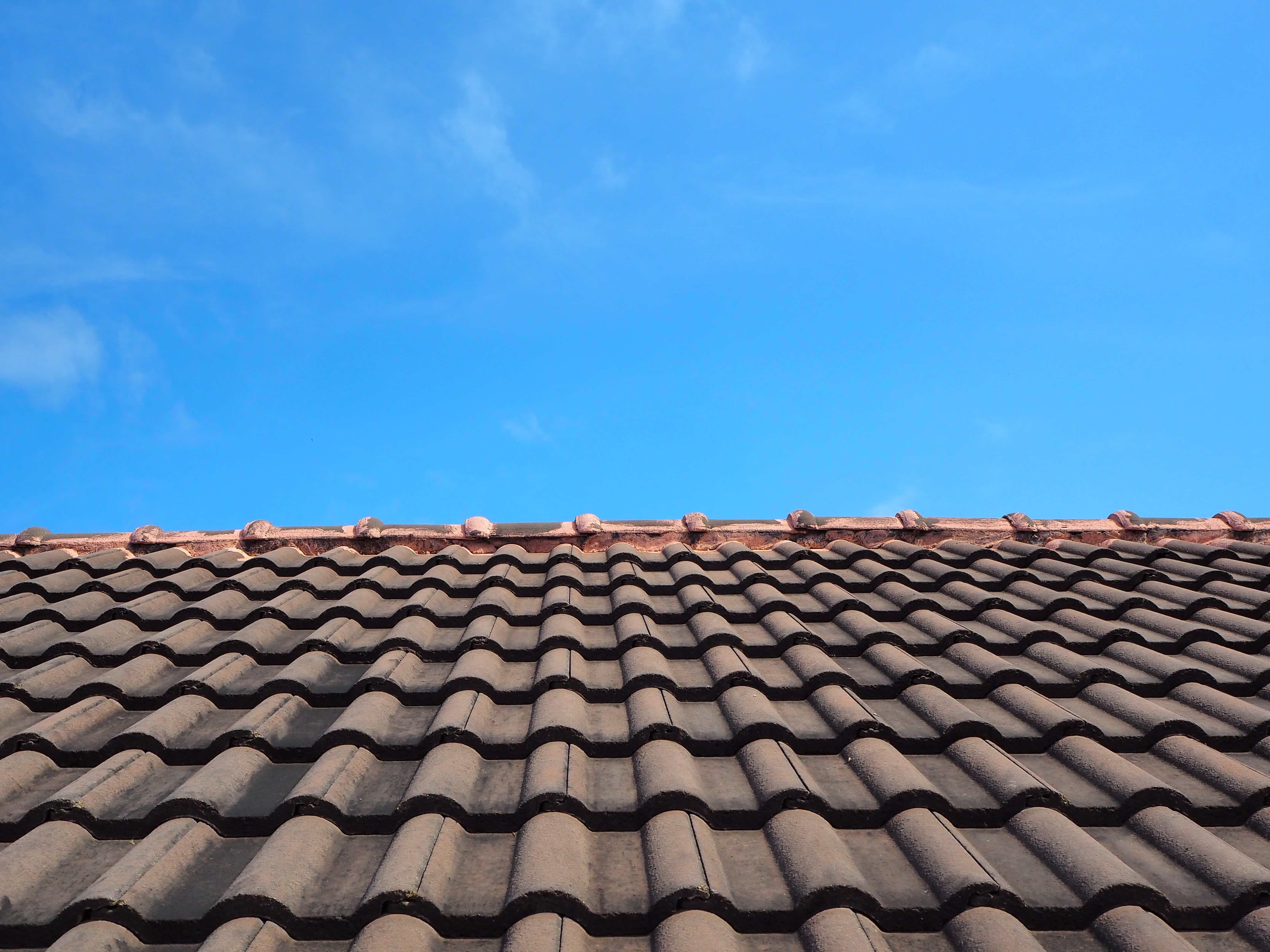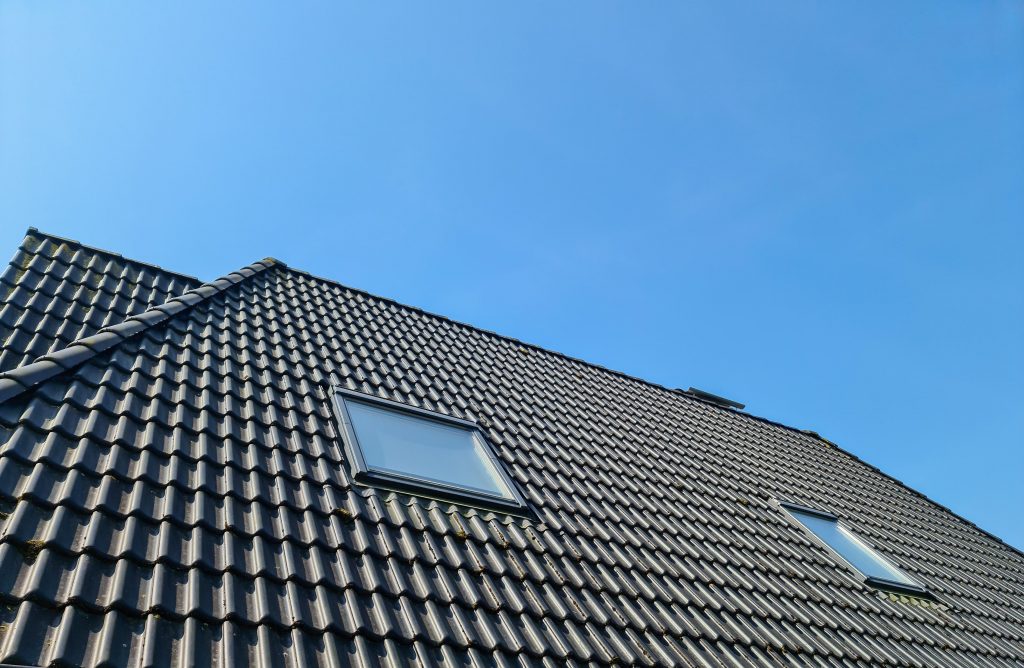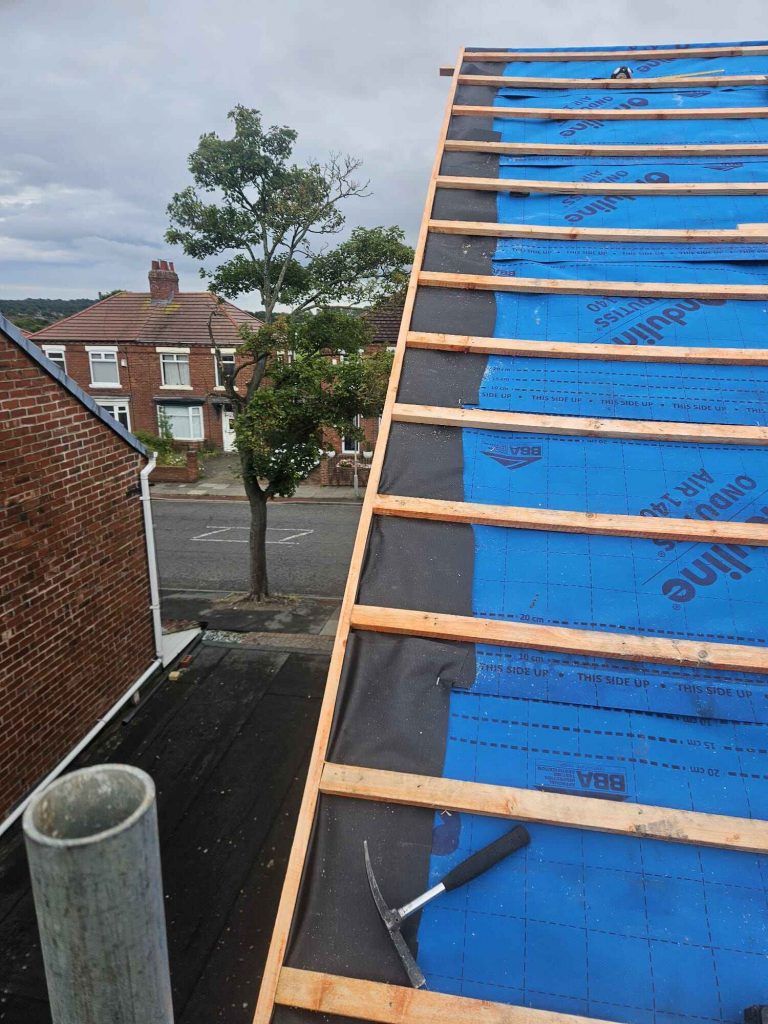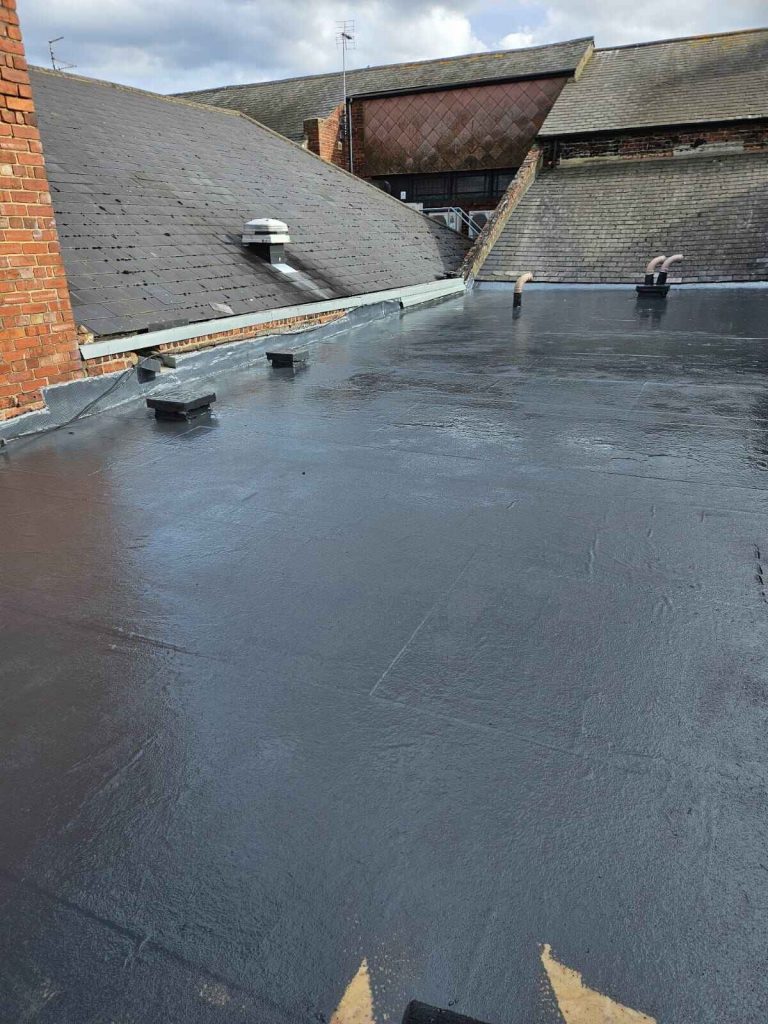Conclusion
Understanding roof pitch is essential for anyone involved in roofing, whether you’re a homeowner, builder, or roofing professional. The angle of your roof affects everything from water drainage and snow management to the choice of materials and the overall aesthetic of your home.
At SPS Roofing Services, we are experts in all aspects of roofing, including understanding and working with different roof pitches. Whether you’re planning a new roof installation or need maintenance on an existing roof, our team can help you make the best decisions for your property. Contact us today to learn more about our services and how we can help with your roofing needs.

Give us a call
07746 134 412




